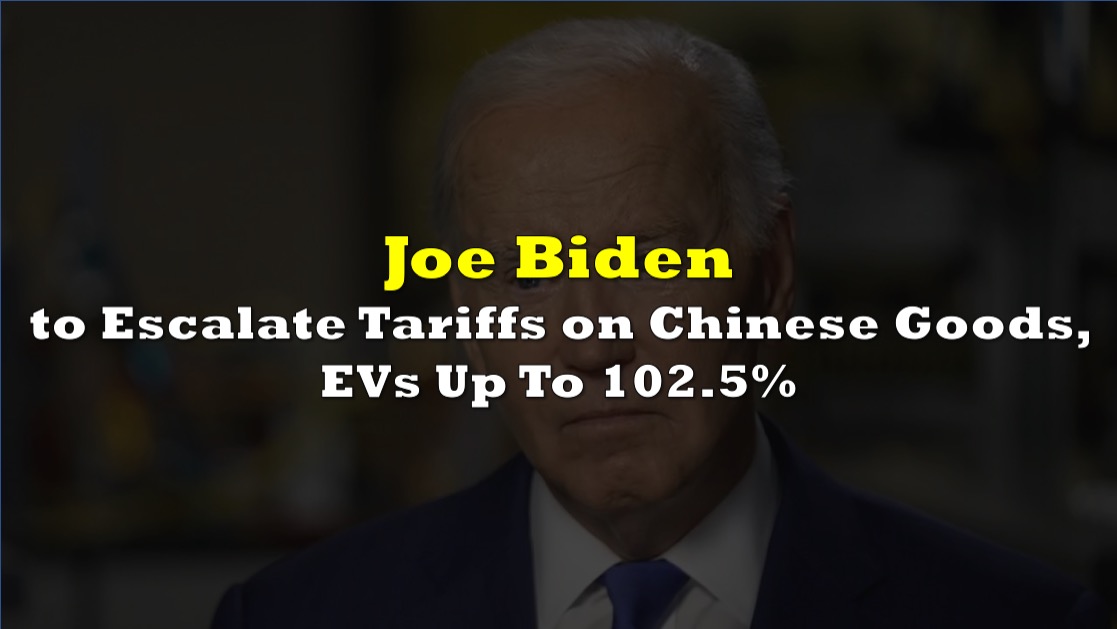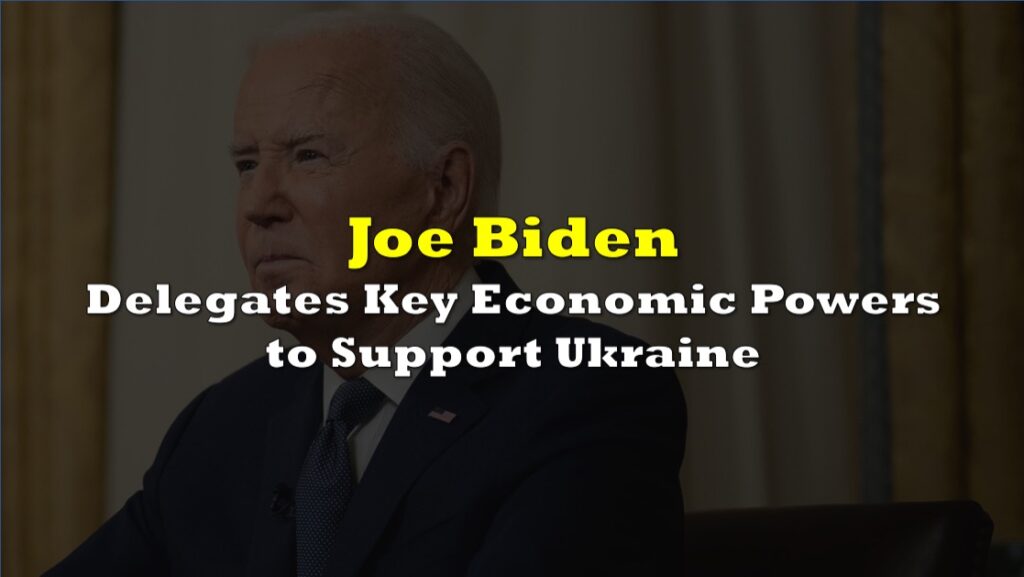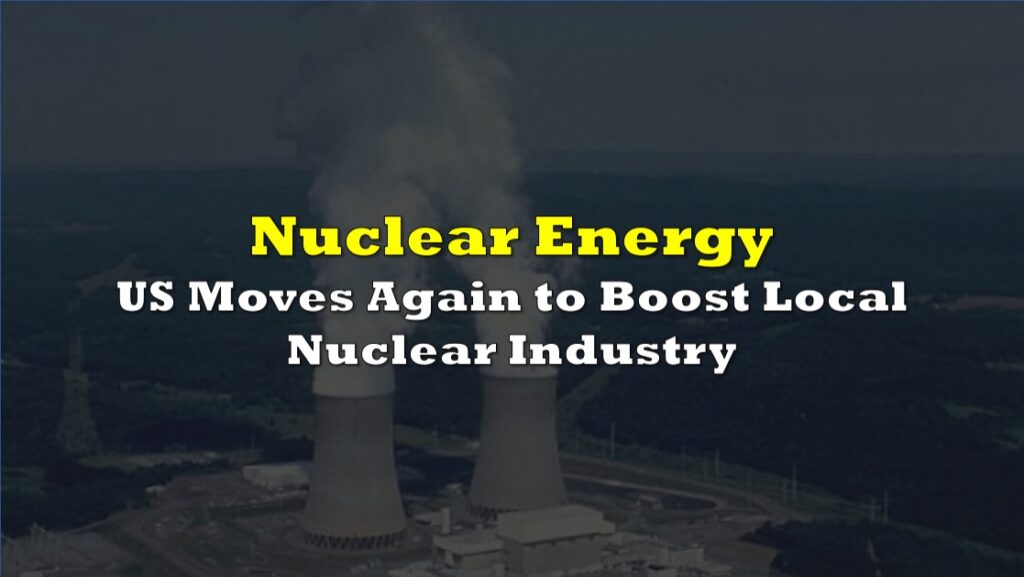US President Joe Biden is set to announce a substantial increase in tariffs on select Chinese goods this week, according to sources familiar with the matter. The measures, to be unveiled at a White House event, are framed as a crucial defense of American workers.
After nearly two years of meticulous review, Biden will escalate tariffs on key sectors, effectively doubling, tripling, and even quadrupling levies on certain Chinese imports. Notably, the tariff on Chinese electric vehicles will surge from 27.5% to 102.5%, insiders reveal on condition of anonymity ahead of the formal announcement. While specifics regarding the scope of the tariff hikes remain unclear, it’s anticipated that other industries will witness similar significant increases.
The decision-making process behind these tariffs has been intensive, with Biden and his team meticulously finalizing the measures, carefully considering which items to target and which to spare. Notably, inputs crucial for fueling American growth were among the factors weighed. While the administration has signaled potential exclusions for certain items, such as machinery used in the production of solar panel components, no announcements regarding tariff rate reductions are expected.
The looming 2024 presidential race adds an additional layer of significance to this flagship announcement. Biden’s move to toughen tariffs on Chinese goods not only underscores his administration’s commitment to cracking down on China but also aims to set his policies apart from those of his predecessor, Donald Trump. While Biden is largely renewing Trump’s original tariffs, his administration views Trump’s proposals for widespread hikes as excessive.
Greta Peisch, a partner at law firm Wiley Rein LLP and former top trade lawyer for the U.S. Trade Representative’s office, emphasized that the administration is “focused on sectors of longstanding concern.” She noted that the tariffs are calculated to address specific activities and risks while aiming to prevent escalation and maintain the broader relationship with China.
The White House has refrained from commenting on the specifics of the tariffs.
Biden’s targeted sectors for tariff escalation include electric vehicles, batteries, solar cells, steel, and aluminum. Notably, he has previously announced tariffs on steel and aluminum, with increases set to affect some products currently subject to a 7.5% rate or no tariffs at all.
Trump: “Biden should have done this four years ago”
Trump himself, during a campaign rally in New Jersey on Saturday, mocked Biden’s impending announcement, sarcastically remarking on the delayed action: “He says he’s going to put a 100% tariff on all Chinese electric vehicles. Isn’t that nice? Biden should have done this four years ago.”
Trump’s comments also included warnings about potential loopholes, suggesting that Chinese companies might attempt to circumvent tariffs by manufacturing cars in Mexico and then shipping them to the U.S. under the US-Mexico-Canada Agreement, which he had previously negotiated. Trump proposed a 200% tariff on Chinese-made cars imported from Mexico as a deterrent measure.
“I will put a 200% tax on every car that comes in from those plants, and they’re not going to do that,” the former president said, adding he will propose instead a 60% across-the-board tariff on all Chinese goods.
Contrary to Trump’s proposals for sweeping tariffs, Biden’s approach is more targeted. His measures aim to preempt a surge in imports rather than crush specific market segments. While Chinese steel, aluminum, and autos currently represent only a small fraction of the U.S. supply, the administration has cautioned against China’s attempts to dominate key sectors and flood the U.S. with subsidized goods, potentially destabilizing the market and influencing its own economic recovery.
The bipartisan consensus emerging around the threat posed by Chinese electric vehicles underscores the significance of Biden’s actions. Both Biden and Trump, as presumptive candidates for the presidency, have recognized the potential impact on the U.S. economy.
Peisch also noted that the administration’s approach reflects a strategic effort to target China while maintaining a constructive relationship. “It’s about being strategic, not an across-the-board escalation, but what makes sense as a response to China and support for impacted U.S. sectors,” she commented.
Information for this briefing was found via Bloomberg and the sources mentioned. The author has no securities or affiliations related to this organization. Not a recommendation to buy or sell. Always do additional research and consult a professional before purchasing a security. The author holds no licenses.











